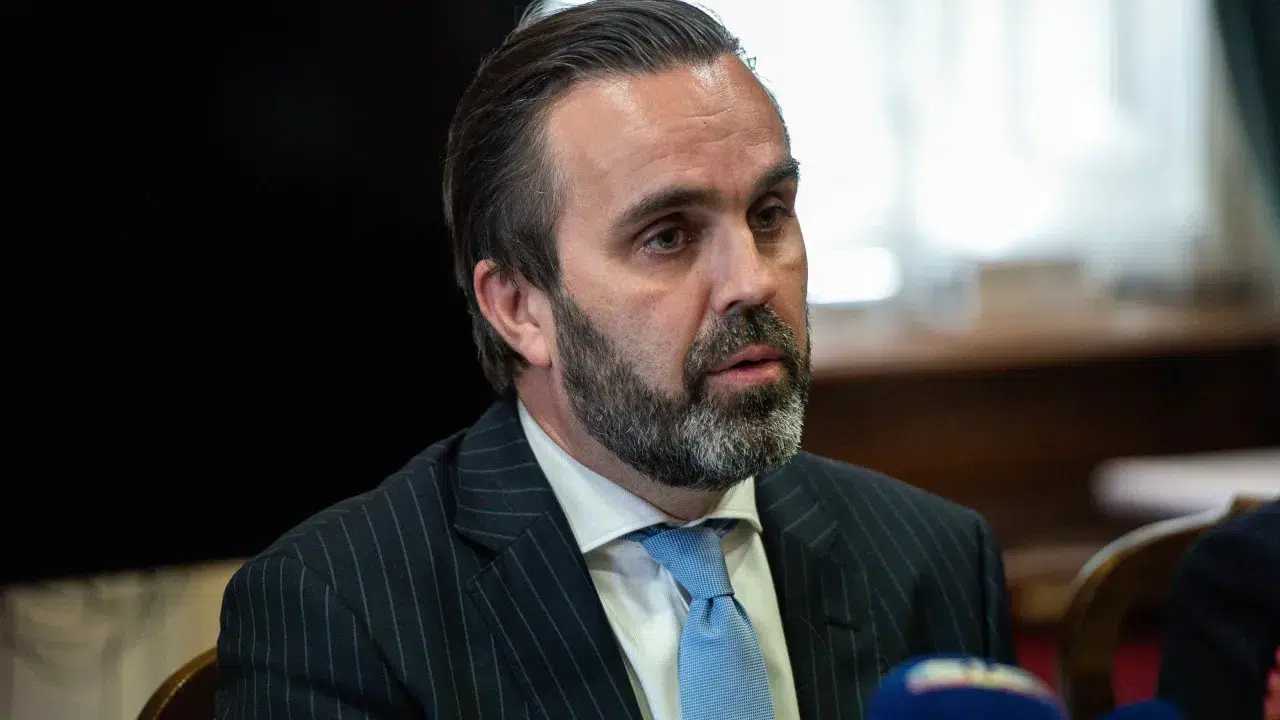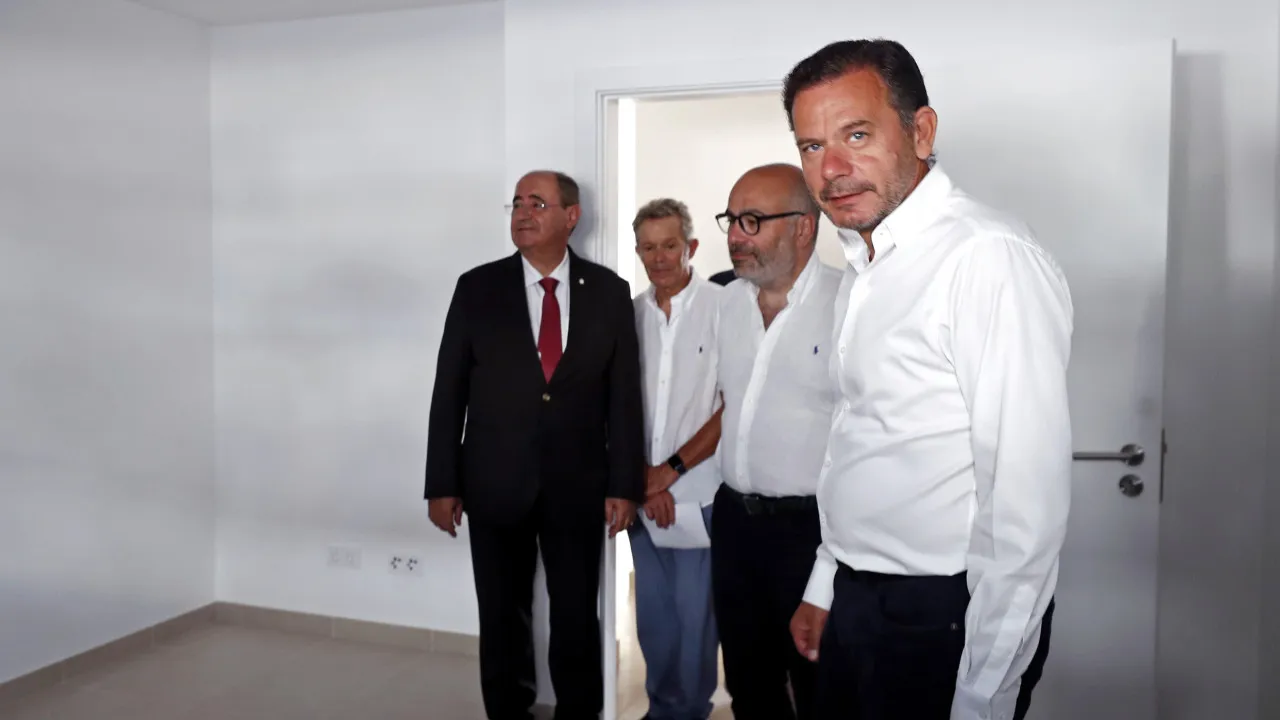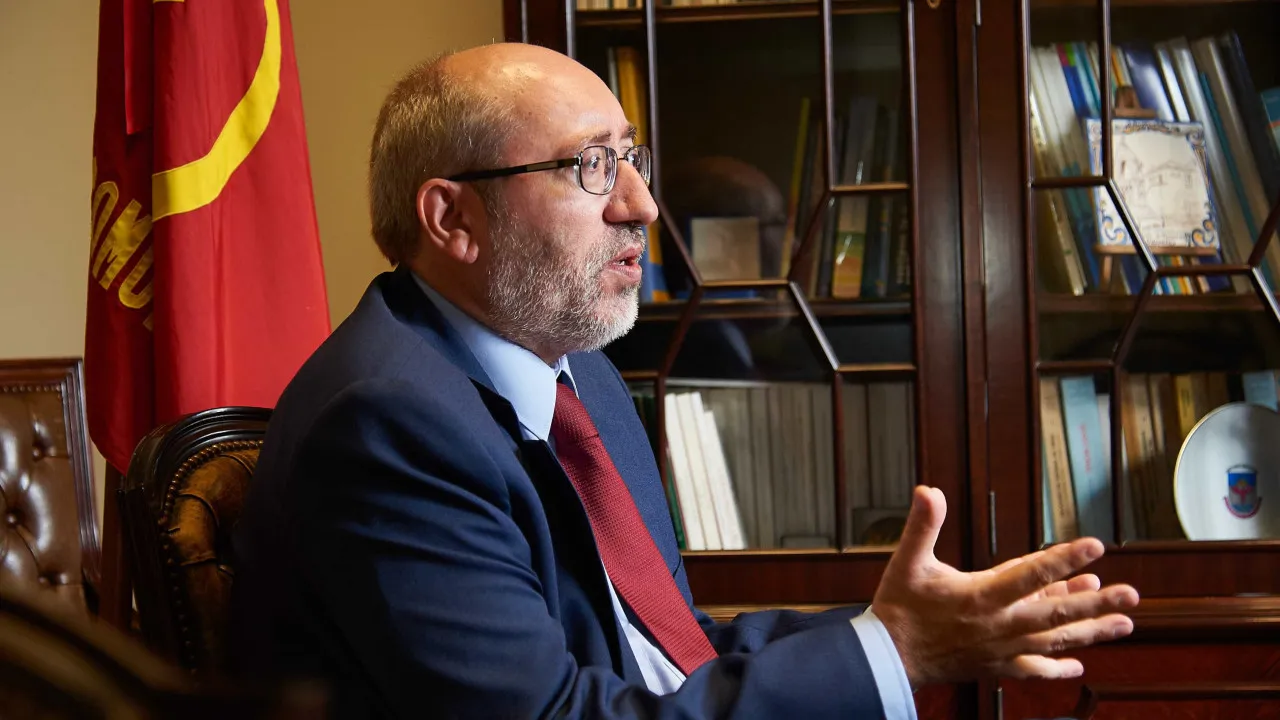
Carlos Cortes highlighted the closure of many emergency services across various areas, an issue exacerbated when Gynecology, Obstetrics, and Pediatrics units close simultaneously in the same region, as seen in the Setúbal Peninsula.
In his assessment, the state of Gynecology and Obstetrics emergencies is “perfectly unsustainable,” but he noted that other regions in the country are facing “immense difficulties” such as Aveiro, Leiria, where currently “a situation of great concern” is occurring with the intervention of the OM, and Vila Franca de Xira.
The chairman, speaking to the Lusa agency regarding the application process for the new specialty of Emergency and Urgent Care Medicine, pointed out issues in pediatrics and now in pediatric orthopedics, which is also showing “enormous difficulties,” he stressed.
“In my view, a major absentee in all of this is the Executive Directorate of the National Health Service,” whose mission and competencies involve the coordination of the SNS and the network of emergencies, ensuring that if there are failures in one unit, the next can quickly provide the necessary response.
“Unfortunately, that work is not being done,” he asserted.
The chairman expressed he feels “very comfortable” to make this criticism, as he always advocated for its creation, but today questions “whether, in this manner, it truly makes sense to exist.”
“I think it makes sense to exist but only if it is truly active and interventionist,” he argued.
He also found it “very strange” that, among a group of SNS-dependent entities, “it is always the same person providing answers to everything,” referring to the Minister of Health.
Despite her being the political head, the chairman argued that other structures should take an active role, such as the DE-SNS and the Central Administration of the Health System (ACSS).
“The ACSS also plays an absolutely crucial role in what concerns the human resources of health, but the Executive Directorate of the SNS was, in my opinion, an absolutely fundamental instrument to be able to dedicate more to the SNS and connect the local health units with each other,” he emphasized.
Today, he regretted, this action has practically disappeared: “Despite everything, it existed at the beginning of the creation of the Executive Directorate of the SNS and we ended up seeing all these problems occur” which, he said, should not be assessed in comparison to last year or two years ago, “that is not what matters.”
“What matters is that, factually, there are response problems in the country’s emergency services” as opposed to the “positive progress” that was expected after two years of creating local health units.
In his assessment, this progress has not happened and the OM faces “increasing concern” about what is happening “in the SNS and, particularly, but not only, in the response of the Emergency Service in the most critical moments such as the one being crossed now.”
The chairman warned that it is not correct to think that the problems in emergencies are confined to Greater Lisbon.
“That does not represent the reality of the country. There are problems occurring throughout the SNS, in some areas more severely than others, but fundamentally from north to south of the country,” he stressed, citing that “the Alentejo faces immense response difficulties, both in primary healthcare and in hospital care,” as well as the Algarve which faces recurrent difficulties, especially in summer, when the population increases significantly.
The chairman emphasized that these problems are not related to the lack of specialists in Emergency and Urgent Care Medicine, but fundamentally to the shortage of doctors in the SNS, spanning across all areas.
He also warned that the exodus of doctors is happening everywhere: “Every week I hear doctors saying: I’m leaving and they end up fulfilling” that decision.




